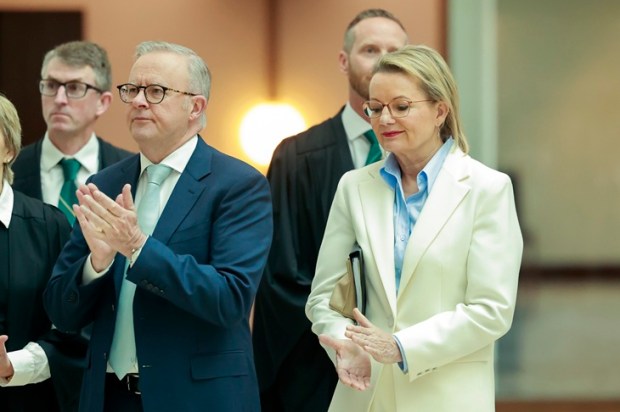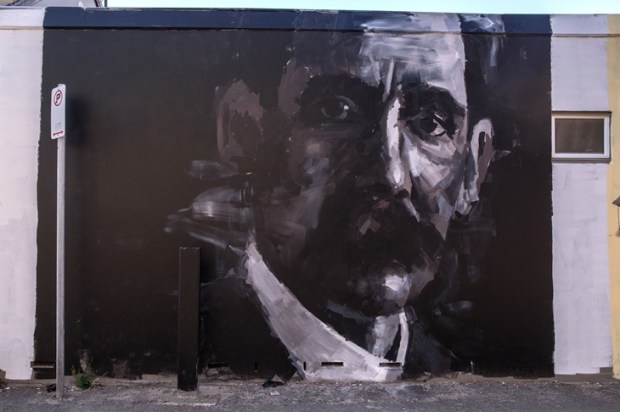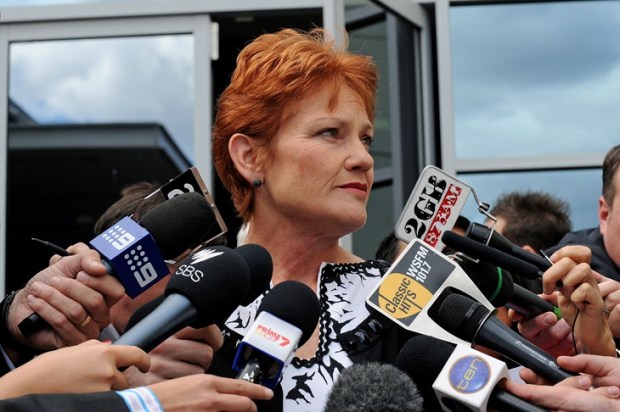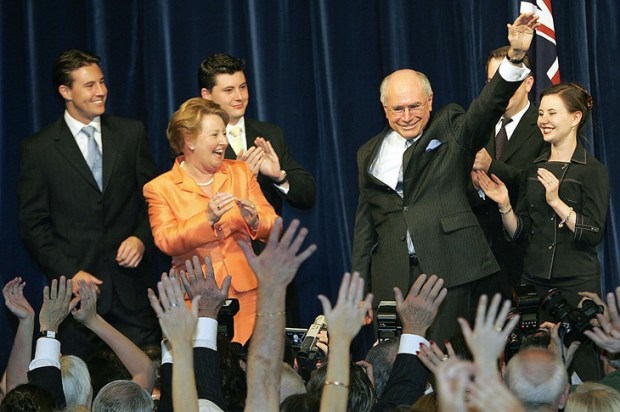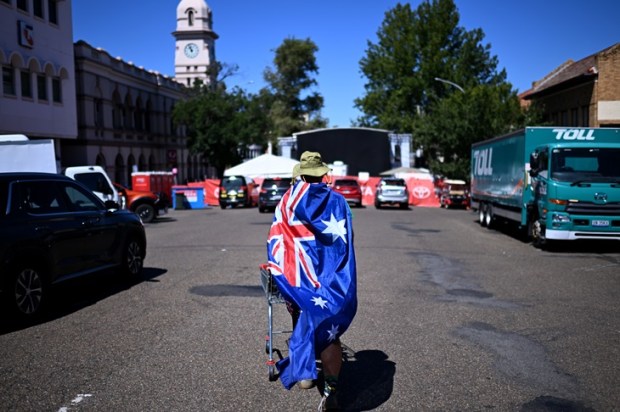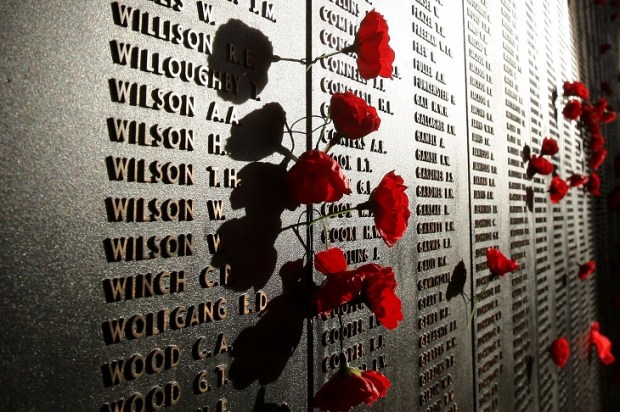On August 6, the Gallipoli Memorial Club hosted a memorial of the Battle of Lone Pine fought on the Gallipoli peninsula on the same date in 1915. The function was held in the grand surroundings of the NSW Art Gallery and coincidentally during the Archibald Prize week.
Lone Pine is a somewhat forgotten battle, not because it is forgettable but because it has been overshadowed by Anzac Day and the landing of the Australian Armed forces on April 25. It is, however, another icon of the same values that took Australia to the Ottoman Empire and created the Anzac legend in the first place.
In 1914, most Australians had high hopes that their soldiers would prove the nation’s worth.
Banjo Patterson himself wrote;
The mettle that a race can show
Is proved with shot and steel,
And now we know what nations know
And feel what nations feel.
When they departed Australia they had little (or no) idea of what lay before them. The harsh, tragic, and brutal realities of war would galvanise these raw recruits and officers into a formidable fighting force. They displayed levels of courage, ingenuity, endurance, and support for their mates that became a hallmark of the Australian character.
During his keynote speech to the gathering, former Defence Minister Dr Brendan Nelson, who followed John Howard as the leader of the Liberal Party, posed this simple question:
‘We seldom ask ourselves the question, but what is it that makes us Australians? As important as they are, it’s not our flag. It’s not even our Constitution, nor the machinery of a democracy given us by the British… What makes us Australians are our values, our beliefs, the way we relate to one another, and see our place in the world.’
He said further:
‘We are defined as a nation by our triumphs and our failures, our heroes, those whom we choose to lead, those whom we choose to honour, and our villains, and the way as a people we have been shaped by adversity and how we will be shaped and emerge from the adversities that are upon us and the emerging increasingly threatening horizons that are before us.’
The creed of the Gallipoli Memorial Club, founded by the surviving participants of the nation-defining event, establish those values, set them in stone, and are the closest proclamation of the character of those who risked and gave their lives in the legend-creating event.
The Creed says:
‘We believe that within the community there exists an obligation for all to preserve the special qualities of loyalty, respect, love of country, courage, and comradeship which were personified by the heroes of the Gallipoli Campaign and bequeathed to all humanity as a foundation for perpetual peace and universal freedom.’
We emerged from the first world war more divided than we had ever been in our history. Our fledgling federation bereft of tens of thousands of men of marrying age and an equal number infirm, a generation of ‘spinsters’ brewing, grief, loss and the flu all combined to bring home the realities of the of the choices made by others intent on ascribing to themselves greater power and authority in the world as they knew it then. It was a harsh world, but a world nonetheless that Australia embraced to become part of the solution to tyranny.
Through this we remained true to our young and brittle democracy and one of our greatest Australian, General Sir John Monash, a man of Prussian descent and Jewish, in 1929 repudiating the fascists who wanted to lead an insurrection against the Australian government, said to them ‘the only hope for Australia would lie in the ballot box and an educated electorate’.
Australian leaders did believe in ideas. They believed in projects that would further the interests of all Australians, pursued with passion but at all times remained true to values of the creed and where at times those leaders fell foul of those values they were replaced or suffered at the ballot box.
That is not true today and it certainly is not true of the Liberal Party in NSW in recent years. It has become the machine to deliver spineless administrators, living a world of deceit that only Machiavelli would be proud of. The fiasco of recent events is a living proof of just how putrid the party has become at its core.
The political apparatus is littered with tenured mouthpieces, working to erect new stockades of conformism; diversification, risk management, sustainability and smoking ceremonies – the language games people play when substance gives way to rhetoric. Plain language is now menaced by the pervasive jargon of its own bureaucracy. We saw this, live and on stage, during the Covid period when our erstwhile leaders conducted the ‘Pantomime’ at 11am each day.
The great irony is that Australia in the 19th Century was built on the pioneering spirit, Dasein and great Irish intransigence, a culture we’re not only proud of but celebrated by our past great literary writers. Now we are silent, ashamed and unwilling to stake our reputations on defending good and repudiating second rate.
Some 200 years ago (almost) in November 1834 — foreshadowing events today — the English King, William IV, dismissed the Whig Prime Minister Lord Melbourne and asked the Duke of Wellington to form a new government. Wellington was reluctant, and recommended that Sir Robert Peel be appointed instead.
Peel, partly to differentiate himself from Wellington’s old-style Toryism, decided to write an election address that would express his belief in moderate political reform — specifically the changes instituted in the 1832 Reform Act (and opposed by the Tories at the time) which removed many so-called ‘rotten boroughs’.
The resulting Tamworth Manifesto, although ‘vague’ in Peel’s own words — formally addressed to Peel’s constituency but aimed at a national audience — is one of the most important documents in British political history.
Yet behind the scenes, in the less formal corridors and rooms of effective power, that is the NSW Liberal establishment (and others to be fair) much that is not necessarily vague commands our attention and focus on the manoeuvrings of the party apparatchiks, which is no less than to maintain the existence of rotten boroughs within the party.
The upshot is a perversion of the democratic process; Edmund Burke believed in an address to the electors of Bristol, that an MP’s duty is to represent the best interests of the people rather than their opinions. In this regard, a parliamentarian, he said, should be independent not only of his constituents but also — most importantly — of his patrons.
What our politicians should represent is the interests of the people. We ought to trust our politicians. They are members of an élite, in whom we believe, more or less. When they betray that trust, we lose not only trust in them but in the whole political system that somehow keeps us together.
In this sense, the values derived from Gallipoli are an inconvenient anachronism. They have not been on display in any political party recently but are particularly antithetical amongst the NSW Liberal machinery. In the 1980s, the Young Liberals fought some torrid battles around ideas. At times different groups may have even found common ground on some of them. Howard and Peacock were equally slugging it out over the leadership and concomitant policy differences. We were all united against the Labor foe.
The differences today are tendency towards power, not ideas. The gatekeepers for economic rent seekers couched in the language of Nobless Oblige determined more than ever to uphold the interests of the global economic forces sweeping across Australia by managing our choices and eliminating responsibility from those who are taking them away.
New ideas or projects or Pandemics are explained away by facile language, slogans and worse lies; simple straight-up BS. Whatever it is, it’s metaphorical rather than descriptive, often requiring the language to contort in such a way that the opposite is often true. I’m reminded, on a lighter note, of this when I occasionally attempt a Yoga class: a difficult stretch (for me) is euphemistically called a ‘child’s pose’ or downward facing dog; I mean what could be simpler!
Such aphorisms do have an immediate acknowledgment but most today without veracity.
PJ O’Rourke, author and satirist, described bleeding heart (small L) liberals as part of a natural Aristocracy, and the wonderful thing about this Aristocracy is that you don’t have to be brave, smart, or innovative, you just have to kidnap the moral high ground without merit or risk; shun responsibility and remain entirely unaccountable.
We may well need a Tamworth manifesto in Sydney.
Scott is a Director of the Gallipoli Memorial Club and former President of the NSW Young Liberals


